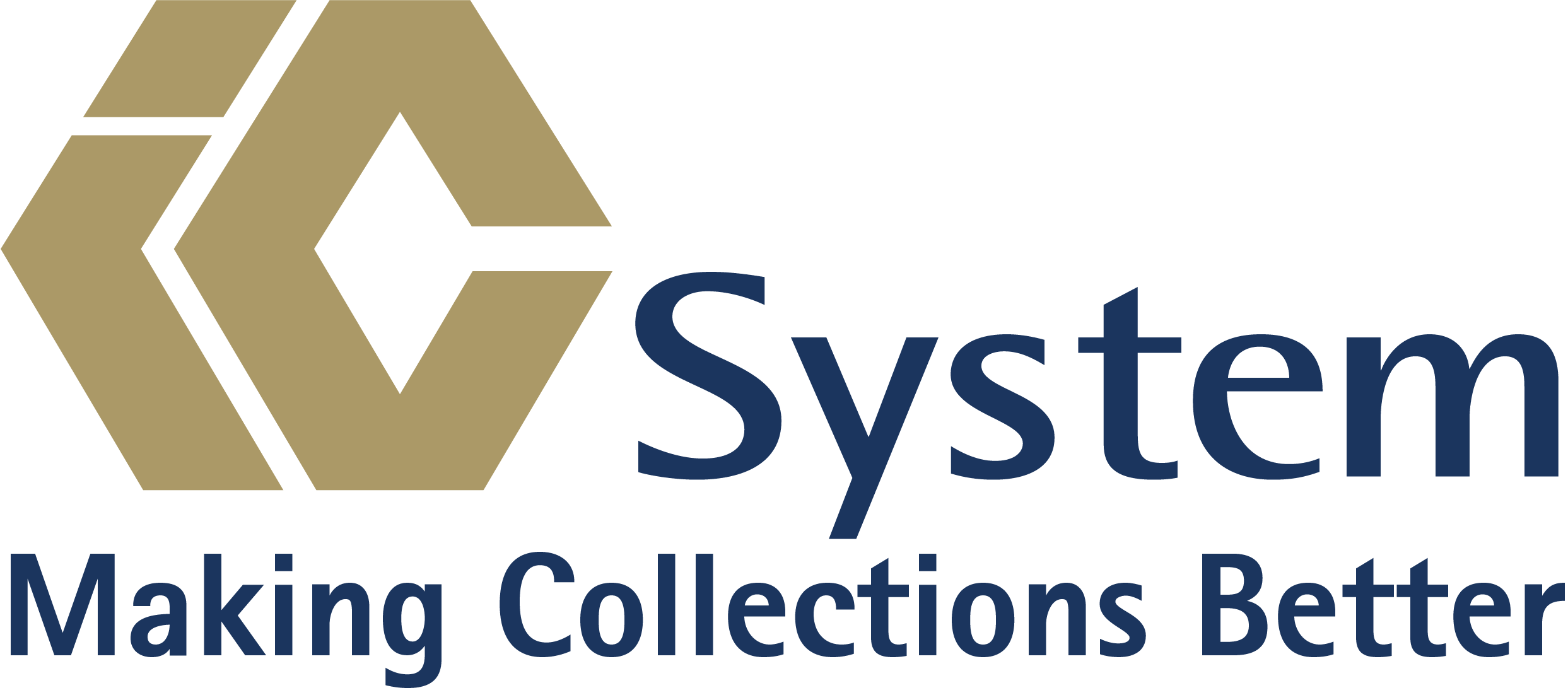Small Business Owners: Build Your Accounts Receivable Plan

One of the challenges of being an entrepreneur is having to do it all yourself. For small business owners, accounts receivable can be a bear. You already have to deal with sales, marketing, HR, strategic planning, budgeting, accounting, inventory, and shipping with a small staff—sometimes, all on your own. Adding to the challenge of mastering these many skills is the need to recover past-due accounts from a non-paying consumer. In order to increase your cash flow, it’s important to build a proven accounts receivable system that grows along with your business. Here are a few tips:
Build a payment schedule
You already have a billing and collections policy. (And if you don’t, it’s time to build one.) If it’s not fully implemented and automated, now’s the time to get that system running. With the help of your billing software, create instant reminders when payments are late, and establish a schedule and procedures to follow up. Ideally, this should become an automated part of doing business.
Adjust your policies
Sometimes, all it takes are a few changes to boost your revenue. The key is keeping your invoice top of mind for your consumers. For example, when collecting consumer information, get their permission to call, email, or text a cell phone. Or require a deposit before they get the service. If bills are going out in 30 days (or longer), it might be worth sending earlier payment reminders and more often.
Follow up
Within a few days of service, follow up with a phone call or email. Verify that the service was completed, ask if the customer has any questions or feedback, and finish the call by letting the customer know their final amount due, and when the invoices are going out. It’s not uncommon for unhappy and dissatisfied clients to ignore the bill or postpone payment. Early contact is one way to head this off. Hopefully, a consumer will voice their concerns, and you’ll be able to resolve the matter to avoid nonpayment.
Give incentives
In addition to having a late fee built into your policy, reward customers who pay early. For example, offer a ten percent discount for a payment today, or a five percent discount if payment is received in 10 days.
Give laser focus to overdue accounts
When the due date passes with no sign of payment from the client, it’s time to follow up. (Hopefully, with some of these proactive measures, this will happen much less often.) It is here where small business owners get shy out of fear of annoying the consumer. In reality, waiting diminishes your chances of recovering your revenue. Be proactive, and step up your attempts to connect before the next billing cycle. Start with a courteous email. If nothing comes of that, be persistent. Increase contact frequency to at least once a week with phone calls, follow-up invoices, and emails.
Work with a collection partner
It’s a common myth held by small business owners that only larger companies can afford to work with a collection agency. When late payments reach the 90-day mark, IC System has several right-priced solutions that even a sole proprietorship can use. But don’t think of it as hiring an agency, think of a collection partner as an extension of your business office—a vendor working proactively with your consumers to recover your revenue yet preserve your customer base through friendly interactions. That’s what IC System does.
About the Author: Eric Johannes









